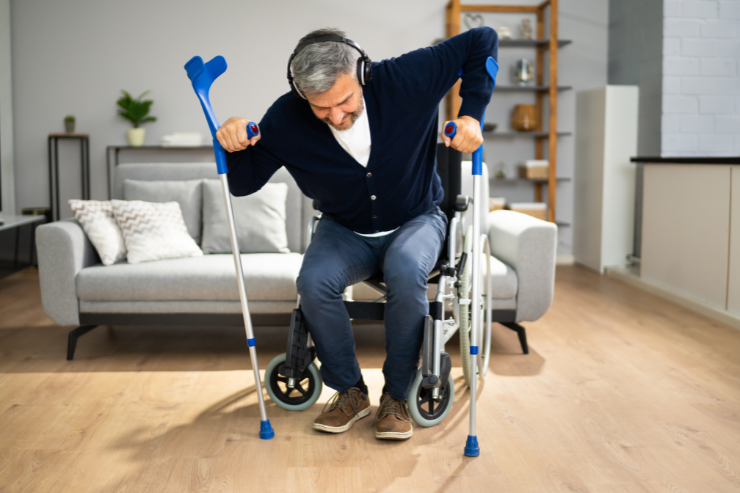- Home
- Movement DS

Movement disorders (DS) are a group of neurological conditions that cause abnormal voluntary or involuntary movements, impacting motor control and coordination. These disorders can significantly affect a person’s ability to perform everyday tasks and maintain quality of life.
Types of Movement Disorders
Movement disorders are categorized into several types, including:
Parkinson’s Disease: A progressive disorder characterized by tremors, stiffness, and slowed movements due to the degeneration of dopamine-producing neurons in the brain.
Tremors: Involuntary, rhythmic shaking of a body part, commonly the hands, which can occur during movement or at rest.
Dystonia: A condition that causes involuntary muscle contractions, leading to abnormal postures or repetitive movements.
Symptoms and Diagnosis
Symptoms of movement disorders vary widely depending on the specific condition but often include tremors, muscle rigidity, slow movements, involuntary jerking, or abnormal postures. These symptoms can interfere with daily activities, making tasks like walking, writing, or eating difficult.
Diagnosis typically involves a thorough neurological examination, medical history review, and imaging tests like MRI or CT scans. In some cases, genetic testing may be required to identify inherited movement disorders.
Treatment and Management
While many movement disorders are chronic and progressive, treatments can help manage symptoms and improve quality of life. Medications, such as dopamine agonists for Parkinson’s disease or muscle relaxants for dystonia, are often used. In some cases, surgical interventions like deep brain stimulation (DBS) may be recommended.
Physical therapy, occupational therapy, and lifestyle changes are also integral parts of managing movement disorders. These therapies can help maintain mobility, improve coordination, and enhance overall well-being. Early diagnosis and a comprehensive treatment plan are essential for managing movement disorders effectively.